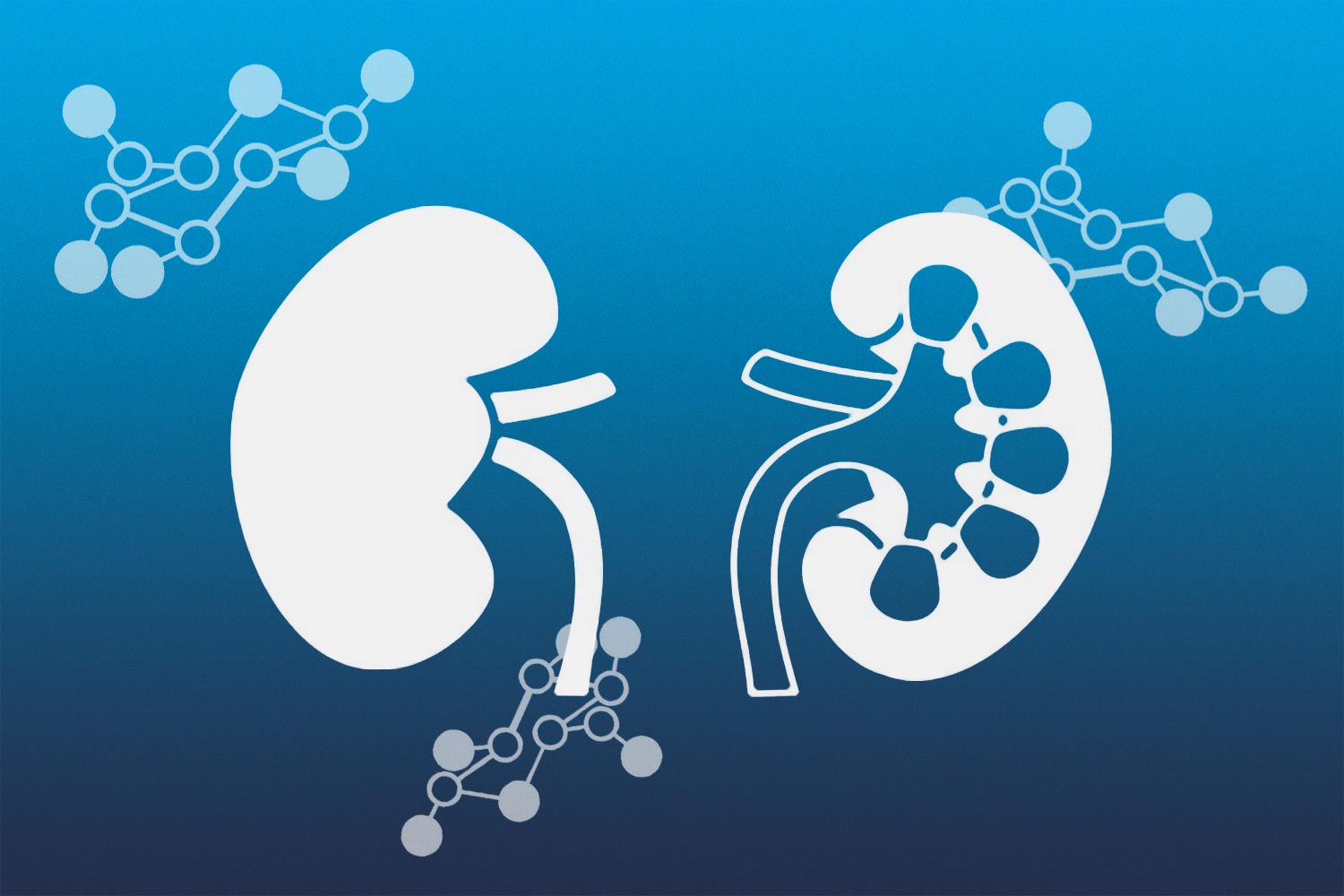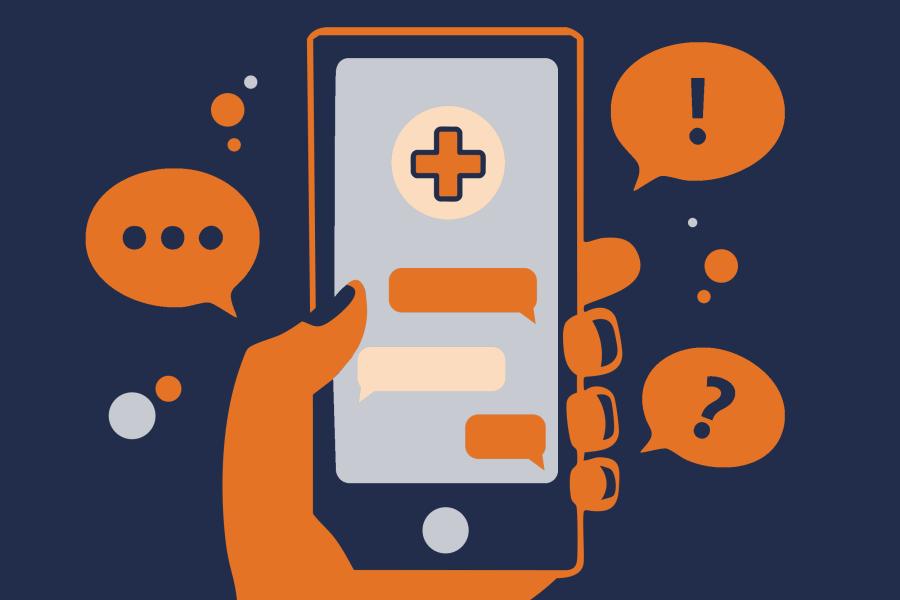In what is believed to be the first study of its kind, new UVA Health research reveals that a factory-calibrated continuous glucose monitor (CGM) may be sufficiently accurate for use by people on dialysis, a group often plagued by dangerous swings in blood-sugar levels.
The findings suggest that factory-calibrated blood glucose monitors could offer an important diabetes-management tool for patients on dialysis and those suffering end-stage renal disease (ESRD), the researchers conclude.
“Patients with end-stage renal disease are often excluded from clinical research trials, as they are medically complex. Therefore, these CGM devices – often considered ‘game changers’ for patients with diabetes to monitor their sugars – are not yet FDA approved for patients with ESRD on dialysis,” said researcher Dr. Meaghan M. Stumpf, an expert on diabetes and diabetes-management technology at UVA Health. “However, ESRD patients and their physicians may still benefit from their use. Our research team conducted this pilot study so that we could begin to understand the accuracy of these devices for patients with ESRD on hemodialysis. This study is not large enough to lead to FDA approval, but it is important to take the first step.”
Continuous Glucose Monitoring for Dialysis
Continuous glucose monitors are becoming widely used by patients with diabetes. These devices allow patients to track their blood-sugar -- or glucose -- levels automatically, helping them prevent the levels from getting dangerously high or low.

Dr. Meaghan M. Stumpf is an expert on diabetes and diabetes-management technology at UVA Health. (UVA Health photo)
Managing blood-sugar levels is a particular challenge for patients on dialysis, which is a procedure to filter blood for patients whose kidneys can no longer do so adequately. Patients on dialysis often suffer from “hypoglycemia,” or low blood sugar, which is potentially deadly. That means that these patients need highly reliable, accurate ways to track their blood sugar. Until now, physicians and researchers did not have accuracy data for factory-calibrated continuous glucose monitors, so it was unclear if these devices would be up to the job.
To determine this, Stumpf and her colleagues enlisted 20 volunteers receiving hemodialysis at UVA to test such a device, the Dexcom G6-Pro. Most of the participants were male, African American, and on insulin, with an average age of 61. The participants were asked to wear the CGM for 10 days and to take between four and seven fingerstick blood-sugar readings per day with a home glucometer. Venous blood samples were also collected during their hemodialysis sessions. The researchers compared the CGM glucose results with the blood-sugar results collected by the patients and during the patients’ thrice-weekly dialysis sessions.
The researchers determined that the continuous glucose monitor, overall, showed “clinical reliability,” meaning that they were sufficiently accurate for estimating blood-sugar levels. Almost 99% of the readings were accurate enough to be used without confirmatory fingerstick blood sugar readings.
When the devices erred, they tended to overestimate, rather than underestimate, blood-sugar levels, prompting the researchers to note that additional research is warranted, especially considering that people on dialysis tend to be at elevated risk for low blood sugar.
“Although we certainly need larger studies, I am encouraged that these factory-calibrated continuous glucose monitors may be reasonably accurate for patients on hemodialysis therapy,” Stumpf said. “CGM use for these patients could lead to improved glucose control, improved safety from life-threatening hypoglycemia and, very importantly, improved quality of life.”
Findings Published
The researchers have published their findings in the scientific journal Diabetes Care. The research team consisted of Orianne Villard, Marc D. Breton, Swati Rao, Mary K. Voelmle, Morgan R. Fuller, Helen E. Myers, Ryan K. McFadden, Zander S. Luke, Christian A. Wakeman, Mary Clancy-Oliveri, Ananda Basu and Stumpf. Breton receives research support from Tandem Diabetes, Dexcom and Novo Nordisk and serves as a consultant for Dexcom, Adocia and Air Liquide; he also has received speaker fees from Tandem Diabetes and Arecor. Voelmle is an employee of LifeScan Inc. and received research support from Medtronic and Insulet Corp.; she has been on a speaker panel for Abbott and Dexcom. Basu was a speaker for Zealand Pharmaceuticals.
Dexcom provided the devices used in the study but had no role in the data collection, analysis or findings. Additional support was provided by UVA and a grant from the Societe Francophone du Diabete.
To keep up with the latest medical research news from UVA, subscribe to the Making of Medicine blog.
Media Contact
Article Information
July 11, 2025



.jpg)


